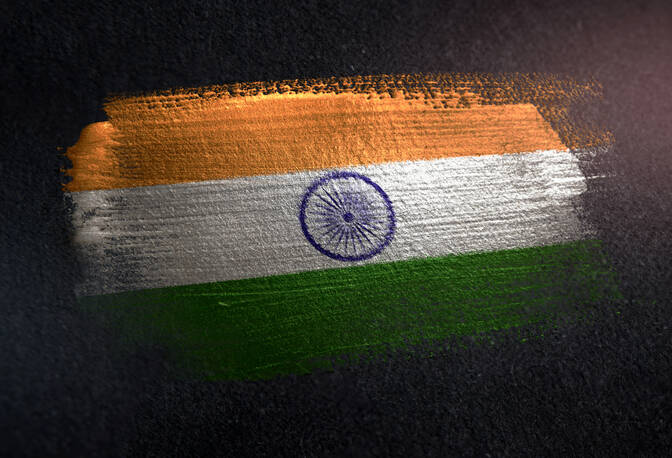Indischer Ankunftstag
5. Juni, Freitag

Geschichte und Bedeutung
Nach der Abschaffung der Sklaverei im Britischen Empire im Jahr 1834 bestand ein Bedarf an Arbeitskräften auf Plantagen. Um dies zu erreichen, begannen die britischen Kolonialisten, indische Vertragsarbeiter in verschiedene Teile der Welt zu transportieren. Dieser als „Indenture-System“ bekannte Prozess führte zu einer Massenmigration von Indianern in die Karibik, nach Afrika, Fidschi und in andere Regionen.
Länder, in denen es gefeiert wird
Trinidad und Tobago. Der Indian Arrival Day wird am 30. Mai gefeiert. An diesem Tag im Jahr 1845 traf das erste Schiff mit indischen Arbeitern, die Fatel Razack, in Trinidad ein.
Guyana. Hier wird der Feiertag am 5. Mai gefeiert. 1838 kamen die ersten indischen Arbeiter in Guyana an.
Fidschi. Am 14. Mai 1879 kamen die ersten indischen Einwanderer auf dem Schiff Leonidas in Fidschi an. Der Feiertag wird als Indian Arrival Day gefeiert.
Südafrika. Der Indian Arrival Day wird am 16. November gefeiert. 1860 kamen die ersten indischen Arbeiter in Natal an.
Wie wird der Feiertag gefeiert?
Kulturelle Veranstaltungen. Auf Festivals werden indischer Tanz, Musik, traditionelle Kostüme und Küche präsentiert.
Historische Ausstellungen. Museen und Kulturzentren organisieren Ausstellungen über das Leben der frühen indischen Einwanderer.
Religiöse Zeremonien. In Tempeln werden Gottesdienste und Gebete zum Gedenken an die Vorfahren abgehalten.
Bildungsprogramme. Historische und kulturelle Aspekte der indischen Migration werden in Schulen und Universitäten diskutiert.
